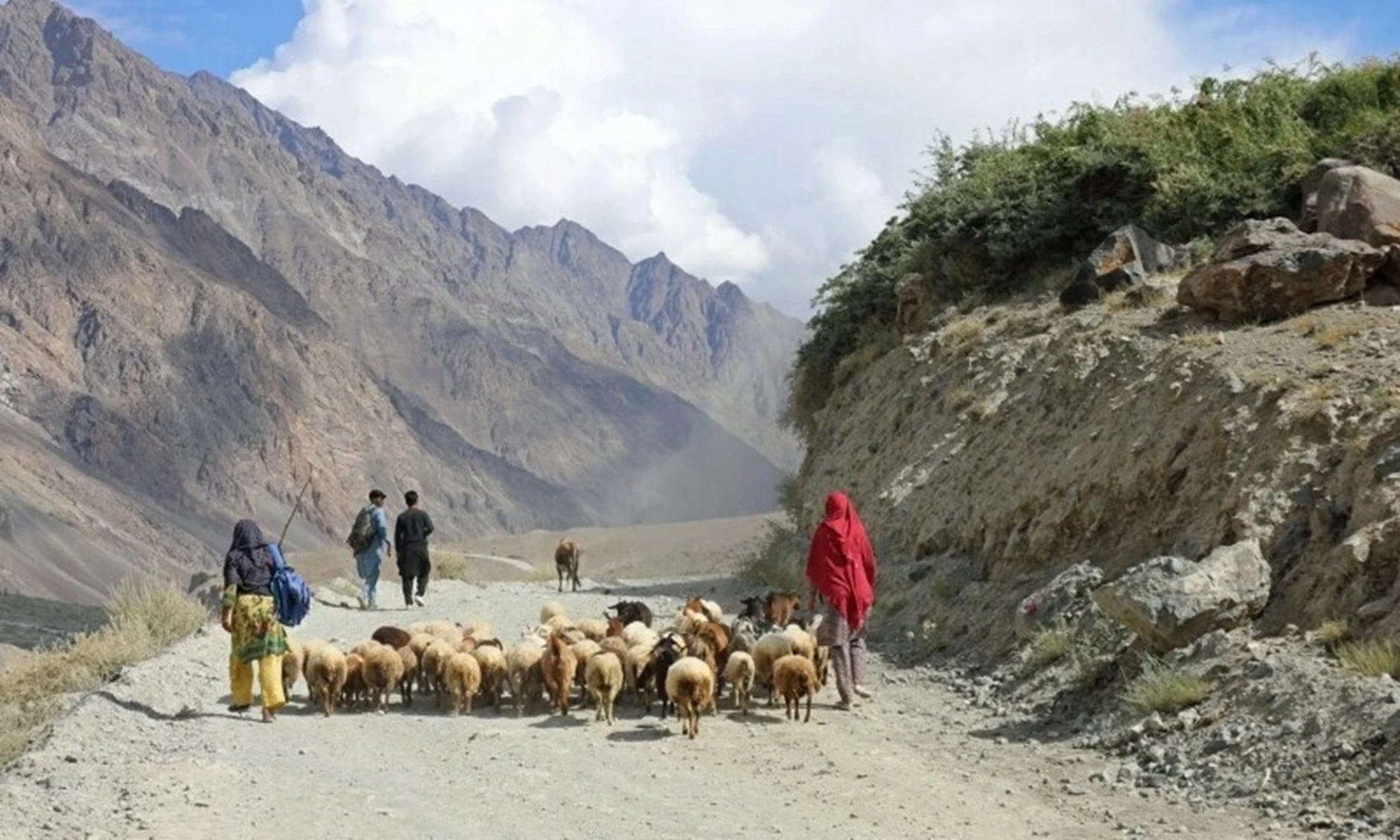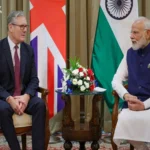Signed under World Bank supervision in 1960, the Indus Waters Treaty (IWT) has long been a bedrock of regional cooperation between India and Pakistan, weathering political unrest, war, and diplomatic stand-offs. Divining the waters of six main rivers in the Indus basin, this historic agreement assigns the western rivers, Indus, Jhelum, Chenab, to Pakistan and the eastern rivers, Ravi, Beas, Sutlej, to India.
As the downstream riparian, Pakistan depends on these western rivers for 80% of its irrigated agriculture, which sustains more than one-third of its population and adds around 25% to its GDP. With India’s unilateral decision on April 23, 2025, to throw the IWT in abeyance, international law is gravely violated and a destabilizing provocation endangering regional peace, economic security, and millions of lives in Pakistan is created.
India’s defence of suspending the treaty, alleging Pakistan’s support for terrorism and demographic changes, fails to have moral or legal validity. The IWT was intended exactly to be strong against military and political disasters. It has survived times of high hostility without suspension, the Kargil crisis of 1999, the Indo-Pak wars of 1965, and 1971. India irresponsibly politicizes a humanitarian resource by tying water sharing to political complaints, effectively erasing international water cooperation.
India’s action’s legality is rather seriously defective. Regarded within the United Nations contract Series and safeguarded by Article 102 of the UN Charter, the IWT is a binding bilateral contract The Vienna Convention on the Law of Treaties (1969) to which both nations are members states that treaties must be observed under the concept of pacta sunt Servando, agreements must be executed in good faith.
While Article IX lays a strong dispute resolution system with a Permanent Indus Commission, technical experts, and international arbitration, Article XII of the IWT expressly stipulates that any amendment must be done via mutual agreement. Bypassing all these systems, India’s unilateral abeyance is legally unlawful and directly against accepted worldwide treaty standards.
Ajay Banga, President of the World Bank, acknowledged, “The treaty does not have any clause for suspension. Either it must be followed or replaced by another, which calls for mutual consent. India’s disobedience not only goes against Article 60 of the Vienna Convention, which forbids suspension except under clearly and legally justified conditions, but also against the UN Convention on the Law of the Non-Navigational Uses of International Watercourses (1997), which advances fair use and cooperation.
The engineering initiatives of India raise further questions. With an eye toward increasing water diversion from 40 to 150 cubic meters per second, it has started widening the Ranbir Canal on the Chenab River. India is also building hydroelectric plants and dams on western rivers, waters clearly designated to Pakistan. These changes compromise the main goal of the deal and might drastically lower water flow into Pakistan, aggravating already severe water shortage. With per capita water availability in Pakistan at about 500 cubic meters, much less than India’s 1,400 cubic meters, any further disturbance puts an existential risk.
Another false allegation used by India for grounds for renegotiating the treaty is population change. India’s population quadrupled since 1960; Pakistan’s has grown five-fold. Still, the IWT was made to consider long-term developments and had built-in systems for data exchange, conflict resolution, and cooperative management. Changes in demographic patterns do not warrant unilateral treaty revisions or superseded the idea of fair and reasonable use.
The diplomatic and legal system of the world provides little means of enforcement. Although it brokers the pact, the World Bank has no enforcement authority. The International Court of Justice has limited jurisdiction, especially since India rejects its mandatory jurisdiction in conflicts involving Pakistan. vetoed powers might also prevent the UN Security Council from becoming involved. India’s actions nonetheless still greatly damage its reputation as a conscientious participant in a rule-based international system. Breaking pacta sunt Servando compromises its legitimacy and runs the danger of international criticism.
Pakistan still has a moral and peace-oriented posture. Resuming the Permanent Indus Commission, stopping illegal building, and reinstatement of cooperative data sharing, it keeps homering the IWT and supports the restoration of treaty processes. Pakistan is simultaneously luring international agencies such the World Bank, OIC, and UN to put pressure on India to follow its legal responsibilities.
This dilemma emphasizes the great necessity of world mediation. If let unbridled, India’s activities not only endanger millions of people in Pakistan but also compromise the delicate peace architecture of South Asia. Not a weapon, water is a common resource. India’s weaponizing of water amounts to a serious transgression of humanitarian values and economic terrorism. India runs the danger of starting more general strife and environmental disaster by threatening to strangle Pakistan’s agricultural lifeblood.
The story of Pakistan has to highlight law, justice, and peace. The Indus Waters Treaty is not just a bilateral pact; it is a lifeline for millions of people and a pillar of regional peace. Pakistan would employ all diplomatic and legal channels to guarantee the preservation of its water rights and complete restoration of the pact. It exhorts the world community to intervene before the situation turns into an irreparable humanitarian disaster.
All things considered, India’s unilateral abeyance of the IWT is a moral transgression against the values of peaceful coexistence as well as a serious legal infraction. Water is a right; it is not a negotiating tool. Pakistan is steadfast in safeguarding its rights, maintaining regional peace, and respecting the dignity of international accords.







